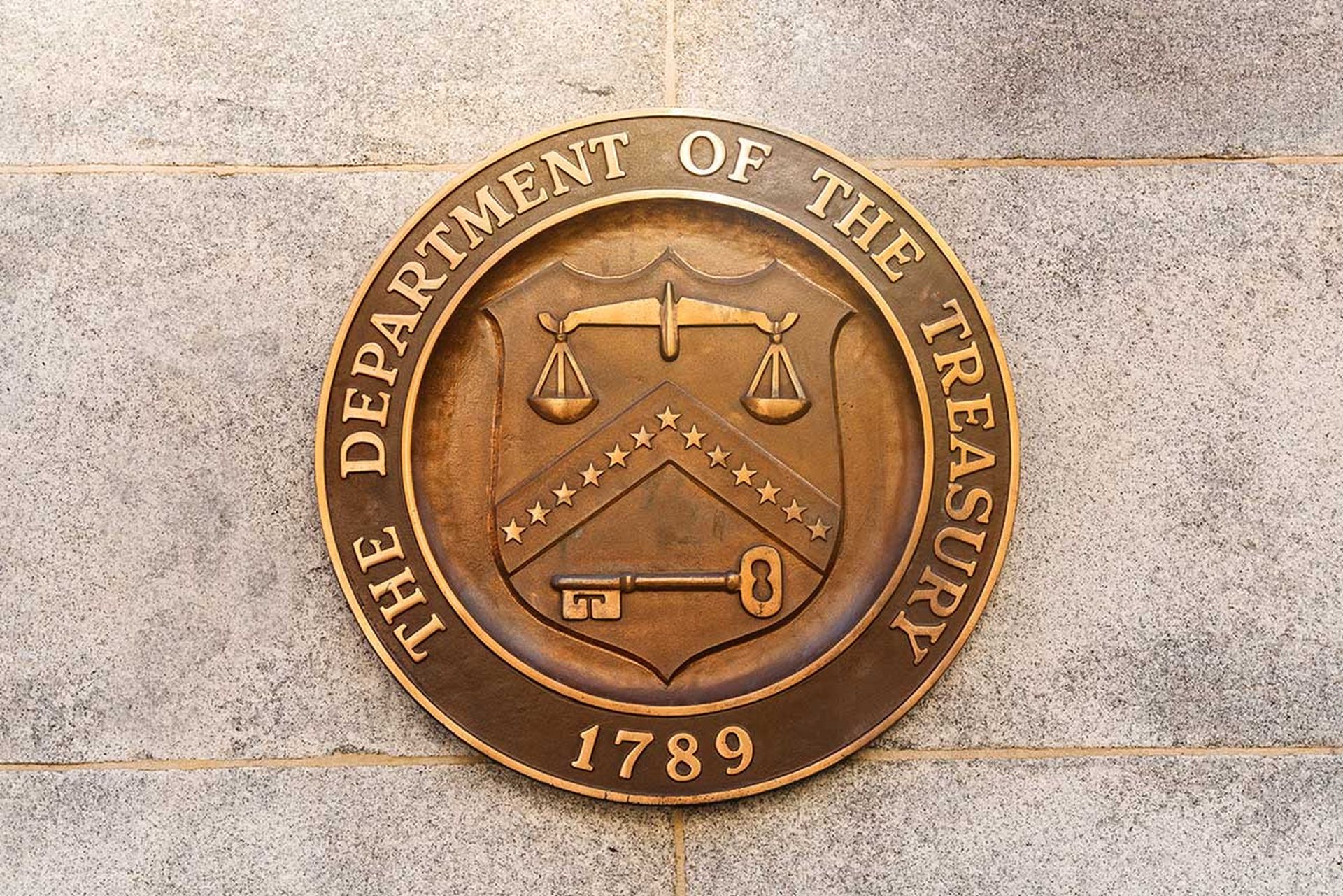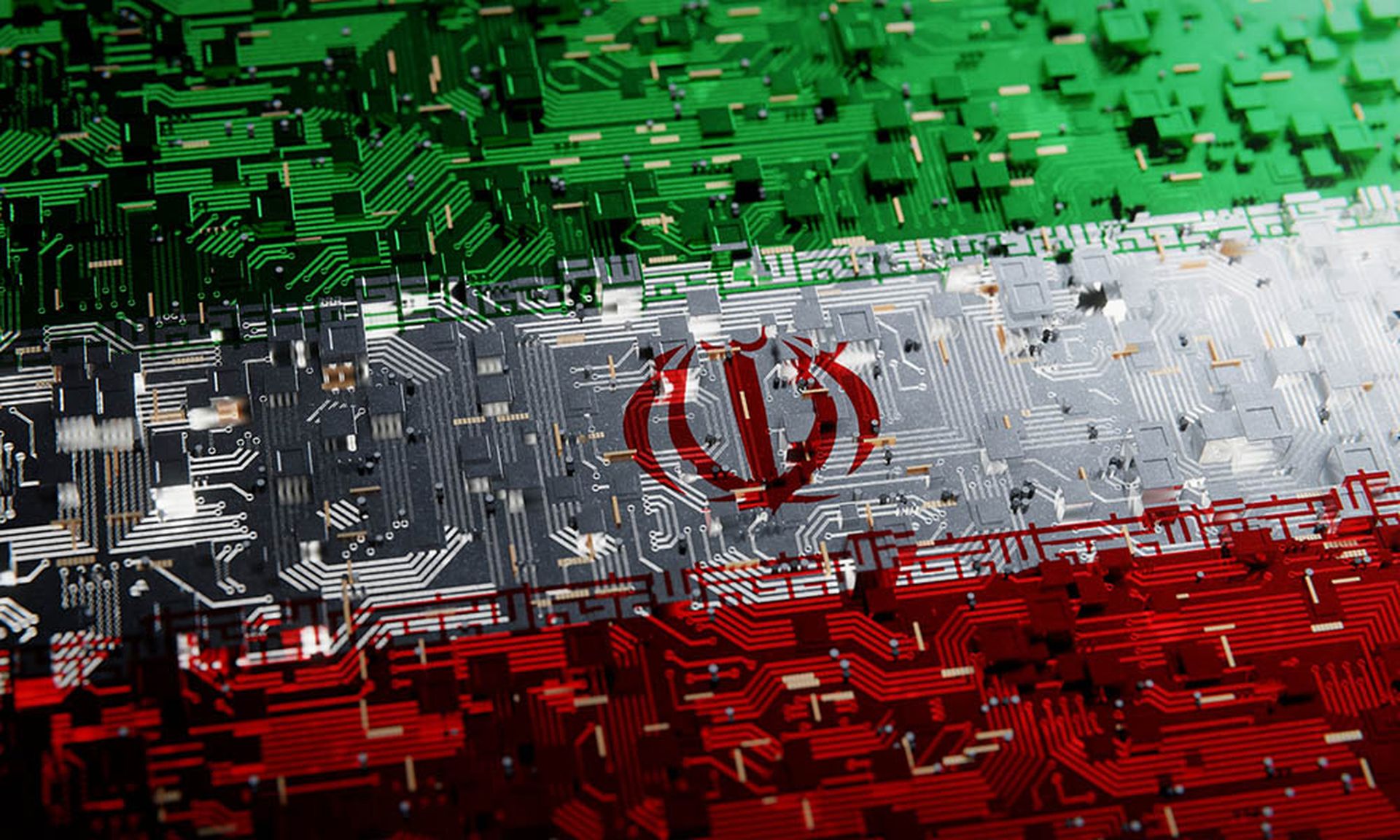A cadre of 13 Russian nationals and three Russian organizations leveraged social media to sow division and influence the 2016 presidential election, with some of the activity intended to bolster then presidential candidate Donald Trump and erode support for his opponent former Secretary of State Hillary Clinton, according to a 37-page indictment filed by Special Counsel Robert Mueller in U.S. District Court Friday.
The individuals and groups - Internet Research Agency LLC, Concord Management and Consulting LLC, and Concord Catering - accused of running afoul of the Federal Election Campaign Act (FECA) that “prohibits foreign nationals from making any contributions expenditures, independent expenditures or disbursements for electioneering communications,” are charged with identity theft and other fraudulent activities for presenting themselves as Americans on social media platforms.
The indictment includes eight criminal counts. Count one alleges a criminal conspiracy to defraud the United States, by all of the defendants," said Deputy Attorney General Rod Rosenstein during a livestream. "Count two charges conspiracy to commit wire fraud and bank fraud by Internet Research Agency and two of the individual defendants."
The remaining counts "charge aggravated identity theft by internet research agency and four individuals," Rosenstein said, cautioning that there are no allegations "that any American was a knowing participant in this illegal activity" or "that the charge conduct altered the outcome" of the presidential election.
“The conspiracy had as its object impairing, obstructing and defeating the lawful governmental functions of the United States by dishonest means in order to enable the defendants to interfere with U.S. political and electoral process, including the 2016 U.S. presidential election,” the indictment reads.
In May 2014, the defendants and coconspirators began plotting to interfere in the presidential election and by 2016 they were actively doing so, using fictitious online personas.
“They engaged in operations primarily intended to communicate derogatory information about Hillary Clinton, to denigrate other candidates such as [Republican Senators] Ted Cruz and Marco Rubio, and to support Bernie Sanders and then-candidate Donald Trump,” the indictment said.
They also posed as U.S. persons “to communicate with unwitting members, volunteers, and supporters of the Trump Campaign involved in local community outreach, as well as grassroots groups that supported” Trump then began to encourage minority voters to stay home from the polls as well as promoted “allegations of the voter fraud by the Democratic Party.”
Those efforts continued after the election, as the operatives organized rallies and stirred up discord.
The indictment says that beginning in 2014 the conspirators started “to track and study groups on U.S. social media sites dedicated to U.S. politics and social issues,” tracking metrics like the size of the group, the frequency of content and the level of audience engagement.
Posing as U.S. persons contacting political and social activists in the country, they made contact with a real U.S. citizen associated with a grassroots organization in Texas who told them to “focus their activities on ‘purple states like Colorado, Virginia & Florida.'” Some of the fraud and deceit charges stem from the actors creating hundreds of accounts on social media as well as fake U.S. personas who were cast as “'leaders of public opinion.'” They also built thematic pages on the likes of Facebook and Instagram and pushed issues, purchasing advertisements “to promote organization-controlled social media groups, spending thousands of U.S. dollars every month.”
They used the U.S. computer infrastructure, specifically VPNs, to mask their Russian origin and control. They also created fake email accounts that they linked to social media accounts. They used, without permission, the social security numbers and birth dates of American citizens to open PayPal accounts and create fake IDs, such as driver's licenses.
Last year the group tried to avoid detection by law enforcement by deleting and destroying emails, social media accounts and other data.
Cautioning that the charges carry a presumption of innocence," Rosenstein said, "This indictment serves as a reminder that people are not always who they appear to be on the internet. The indictment alleges that the Russian conspirators want to promote discord in the United States and undermine public confidence and democracy. We must not allow them to succeed."
Tom Kellermann, chief cybersecurity officer, Carbon Black, warned, "Criminal election interference has widespread implications. In the wake of today's indictment, our democracy continues to be at risk,” saying that his own company's data “shows that one in four voters said they will consider not voting in the 2018 midterm elections over cybersecurity fears.”
That's troubling, Kellermann said. “When the most critical asset to democracy – the voters themselves – don't go to the polls because of cybersecurity fears, our democracy is put at risk, yet this fact is often overlooked in election-security discussions," he said.


